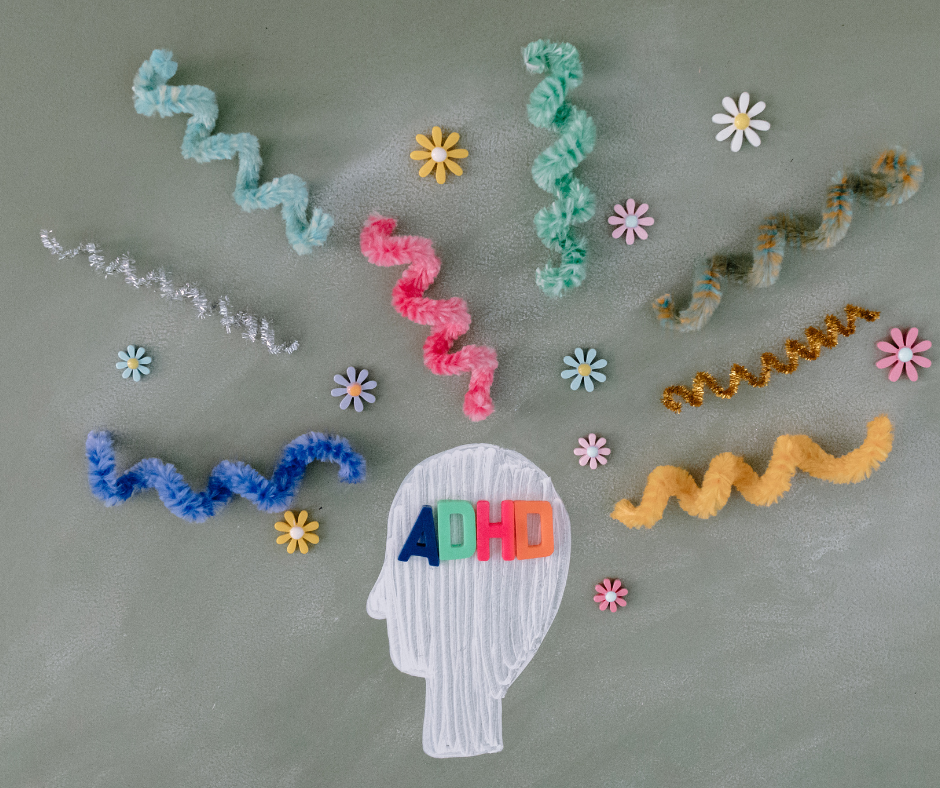Knowing When to Let Go: A Compassionate Guide to Ending A Relationship
Deciding to end a relationship is never easy. It’s a decision that often comes with a whirlwind of emotions, doubts, and uncertainties. If you find yourself questioning whether it’s time to leave a relationship, you’re not alone. In this article, we’ll explore the signs that indicate it may be time to let go, offer guidance on how to approach the situation with sensitivity, and introduce the potential benefits of hypnosis in navigating these complex emotions. Before making any decisions, it’s essential to recognize the signs that indicate a relationship may no longer be serving you. These signs can vary from feeling consistently unhappy or unfulfilled to experiencing a lack of trust, respect, or communication in the relationship. Pay attention to your instincts and emotions; they often provide valuable insights into the health of your relationship. Take the time to reflect on your feelings and the dynamics of your relationship. Are you constantly feeling drained, stressed, or unhappy? Do you find yourself making excuses for your partner’s behavior or overlooking red flags? Trust your intuition and acknowledge any feelings of dissatisfaction or unease. One Belief Away™ Hypnosis can be a powerful tool for gaining clarity and insight into your emotions and decision-making process. Through hypnotherapy, you can access your subconscious mind and uncover deeper insights into your relationship dynamics, fears, and desires. Hypnosis can help you gain perspective, release limiting beliefs, and make decisions aligned with your highest good. If you’ve determined that it’s time to leave the relationship, it’s essential







